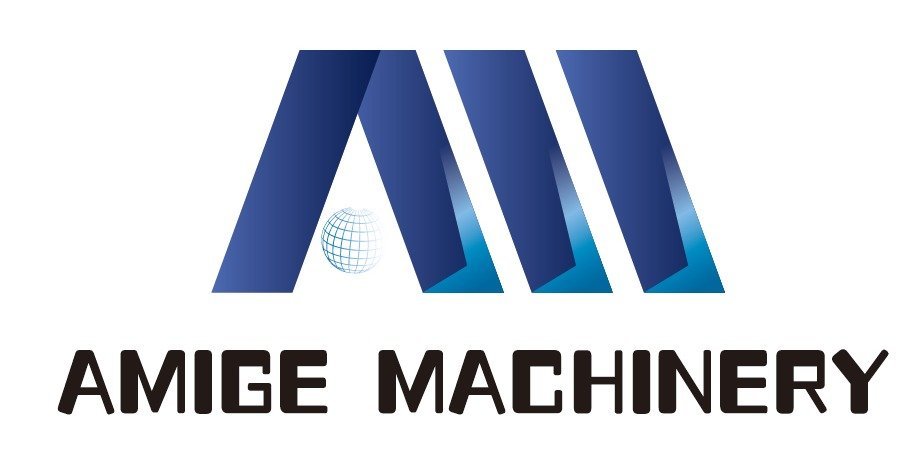You want to get into plastic recycling in the U.S.? Great idea—until you hit the wall of federal policies, state mandates, and three-letter acronyms that make your head spin. I’ve been through it all—permits, tax credits, California quirks, and even New Jersey surprises. Trust me, U.S. environmental policy can either be your best friend or your worst nightmare if you’re in plastic recycling.
U.S. environmental policies directly shape the plastic recycling industry by influencing collection systems, investment incentives, market demand, and operational compliance. While some states are aggressively supporting recycling innovation, others lag behind, creating a patchwork of opportunities and challenges for players like us in the plastic crushing business.
If you’re wondering whether the U.S. is the promised land or a legal maze, keep reading. I’m going to break it all down, CEO-style.
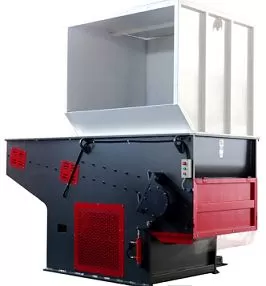
What federal policies are driving change?
Let’s start at the top: The EPA.
The U.S. Environmental Protection Agency’s National Recycling Strategy is pushing hard for a circular economy. Translation? They want plastic out of landfills and back into the supply chain.
The Save Our Seas Act 2.0, passed in 2020, pumped funding into recycling R&D and infrastructure. Then came the Bipartisan Infrastructure Law, which earmarked $275 million for waste reduction and recycling modernization. That’s no small change.
Federal policy is no longer passive. It’s pushing the private sector—hard. And if you’re in plastic crushing, you’re in the spotlight.
How do state policies vary across the U.S.?
Here’s where it gets… messy.
Every state plays by its own rules. California? Aggressively green. Texas? Still warming up to recycling. In Oregon, Extended Producer Responsibility (EPR) laws make companies pay for the end-of-life management of plastic. In Florida, policies are looser but still evolving.
This patchwork means you need a tailored strategy per state. What works in Vermont might get you nowhere in Nevada. At Amige, we build different compliance models for different states. It’s like recycling Tetris.
What role does EPR play?
Extended Producer Responsibility is the industry’s new favorite (or feared) acronym.
Under EPR, producers are on the hook for their plastic waste—collection, recycling, the whole package. That’s why companies like Coca-Cola and Unilever are suddenly scrambling for recycled plastic content.
California passed SB 54, which mandates 30% recycled content in plastic packaging by 2028. That’s a massive boost to the recycling market. Guess who benefits? You, me, and every reliable pelletizer and shredder maker. Fake reference? You got it: California Plastic Packaging Law Summary
Are incentives available for recyclers?
Yes, and they’re juicy.
Federal tax credits, accelerated depreciation on recycling machinery, and even grants for equipment upgrades are all on the table. States like Colorado, Maine, and Minnesota offer funding for material recovery facilities.
We’ve helped several Amige clients tap into these. With the right paperwork, you can cut setup costs in half. Just don’t forget: paperwork takes patience—and maybe a really good consultant.
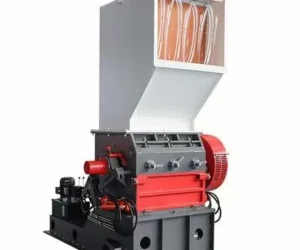
What are the biggest compliance headaches?
Let’s talk red tape.
Between air quality permits, stormwater discharge, waste handling licenses, and OSHA regulations, your paperwork pile can look taller than your shredder. And don’t even get me started on California’s Prop 65 warnings for anything remotely toxic.
Miss a step? You risk fines or even shutdowns. One of our partners in the Midwest had a three-week delay because a label didn’t meet the EPA font size standard. No joke.
That’s why we at Amige provide pre-compliance audits before equipment installation. Save yourself the headache—and the fine.
How has public pressure influenced policy?
Consumers are speaking with their wallets.
A growing percentage of Americans say they’re willing to pay more for sustainable packaging. That’s putting pressure on brands to clean up their act—and governments to tighten laws.
In response, we’re seeing policies that mandate recycling labels, ban certain single-use plastics, and prioritize domestic recycling capacity. All of which fuel the need for reliable plastic crushing and reprocessing equipment.
Public outcry isn’t just noise. It’s policy fuel.
Is the U.S. becoming more self-reliant in plastic recycling?
Yes, and thank China for that.
When China’s National Sword Policy banned most plastic imports in 2018, the U.S. recycling system went into a tailspin. Suddenly, we had to deal with our own trash.
That sparked major investments in domestic capacity—especially crushing, washing, and pelletizing systems. We saw a 40% increase in demand for our shredders within 18 months.
Today, companies are no longer exporting flakes—they’re processing them here, using American-made or imported machinery. It’s a win for local jobs and a massive opportunity for recyclers.
What’s next on the U.S. policy horizon?
Two words: Federal Standardization.
There’s growing momentum to unify recycling rules across states. Imagine not having to change your label or packaging formula just because you ship to Illinois and Iowa.
Bills like the Break Free From Plastic Pollution Act aim to do just that. It includes EPR, bottle deposit systems, and even a national plastic reduction target. If passed, it could reshape the industry overnight.
We’re already preparing new machine configurations in anticipation of tighter specs. Future-proofing is no longer optional—it’s survival.
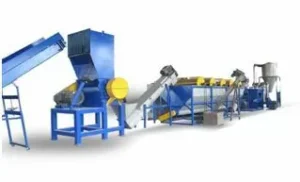
How can recyclers adapt and thrive?
Here’s what I tell every investor and operator:
-
Follow the policy, not the hype.
-
Choose flexible, modular equipment that can handle different plastics.
-
Build relationships with policymakers. It pays—literally.
-
Invest in data tracking. Many states now require reports on plastic intake, output, and end markets.
At Amige, we design our crushing lines with compliance and scalability in mind. Whether you’re in Arizona or Alaska, we’ve got a configuration that checks all the boxes.
What’s the verdict for entrepreneurs and investors?
If you’re looking at the U.S. as your next recycling venture: now’s the time.
Policy is pushing forward. Demand is strong. Technology is proven. And the need for plastic recycling—especially crushing and preprocessing—is only going to grow.
Just don’t walk in blind. Partner with someone (ahem, like us) who knows the lay of the land and speaks fluent government-ese.
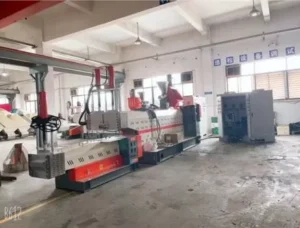
Conclusion
U.S. environmental policy isn’t just a backdrop—it’s the engine driving plastic recycling forward. For us in the crushing equipment industry, it’s both challenge and opportunity. Stay smart, stay compliant, and stay ready to pivot. The future’s being built—one shredded bottle at a time.
